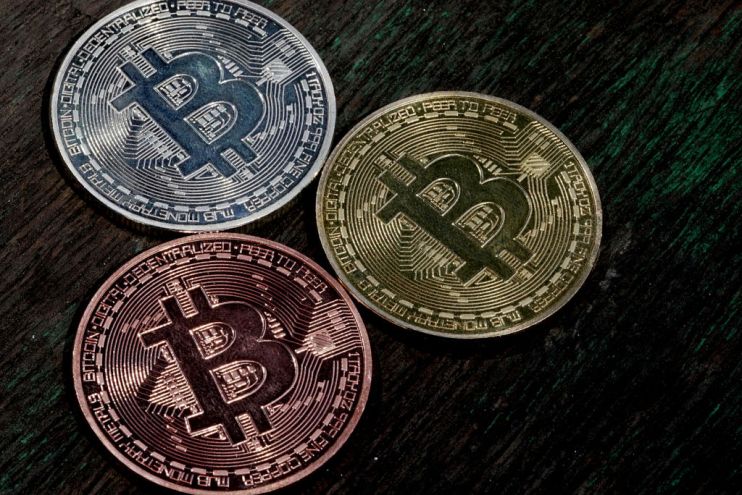Exchanges responsible for stolen crypto and legal documents can be served via NFTs, High Court rules

Crypto exchanges will be responsible for stolen crypto on their platforms and legal documents can be served through NFTs, the High Court of England and Wales decided yesterday.
Exchanges like Binance hold cryptocurrency as trustees and are responsible for stolen crypto on their exchanges, the court held. The court’s decision also means that victims of crypto fraud when can serve legal documents on unknown fraudsters via non-fungible tokens (NFTs) when doing so otherwise would be difficult, for example when the defendant’s contact details are invalid or their identities are unknown.
The judgement was handed down in the case of D’Aloia v. (1) Persons Unknown (2) Binance Holdings Limited & Others, with the claimant suing anonymous fraudsters and five crypto exchanges, namely Binance, Poloniex, gate.io, OKX and Bitkub. The claimant’s cryptocurrency was misappropriated by unknown persons operating a fraudulent brokerage and encouraging investors to deposit cryptocurrency into certain wallets for trading.
The claimant’s crypto was transferred to private addresses “operated by, or under the control of” the exchanges, the judgment said.
The court ordered that the claimant can serve legal documents on the unknown persons who allegedly stole his cryptocurrency, through NFTs on the blockchain. These will be sent to the same wallet in which the claimant first made the transfer. The court granted this due to the “difficulties” that would arise otherwise and the “complexities” in serving the defendants
The judgement is the first of its kind in the crypto industry. “This order is a noteworthy development in the area of service of court documents and a welcome example of a court embracing new technology,” a release from law firm Giambrone & Partners LLP, which is acting for the claimants, said.
“It is also a significant judgment as it demonstrates how England and Wales is one of the best jurisdictions in the world, if not the best, when it comes to protecting victims of cryptoasset fraud.”
James Kaufmann, partner at law firm Howard Kennedy, said to City A.M. that the latest development was the “natural progression” in law regarding crypto.